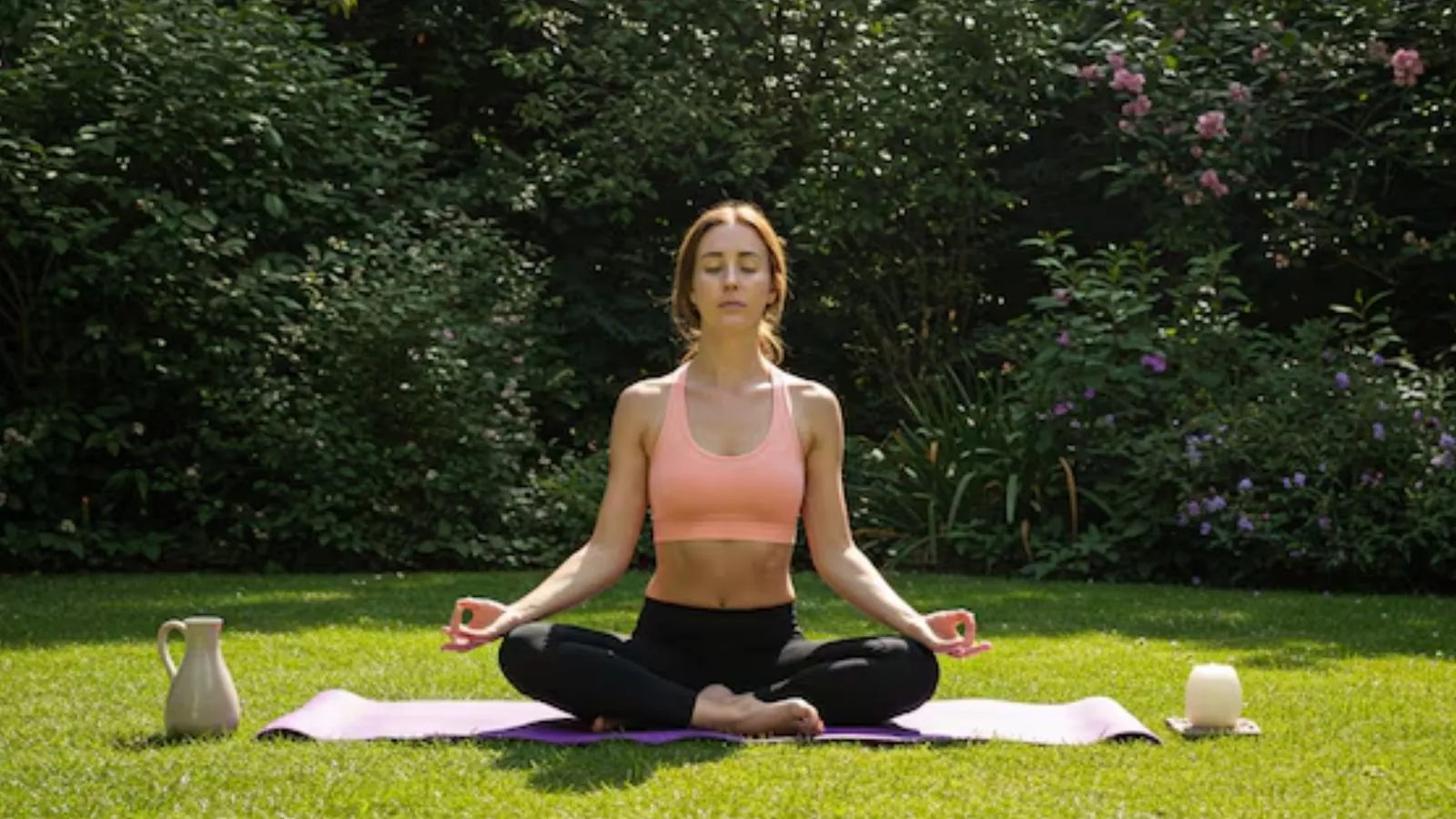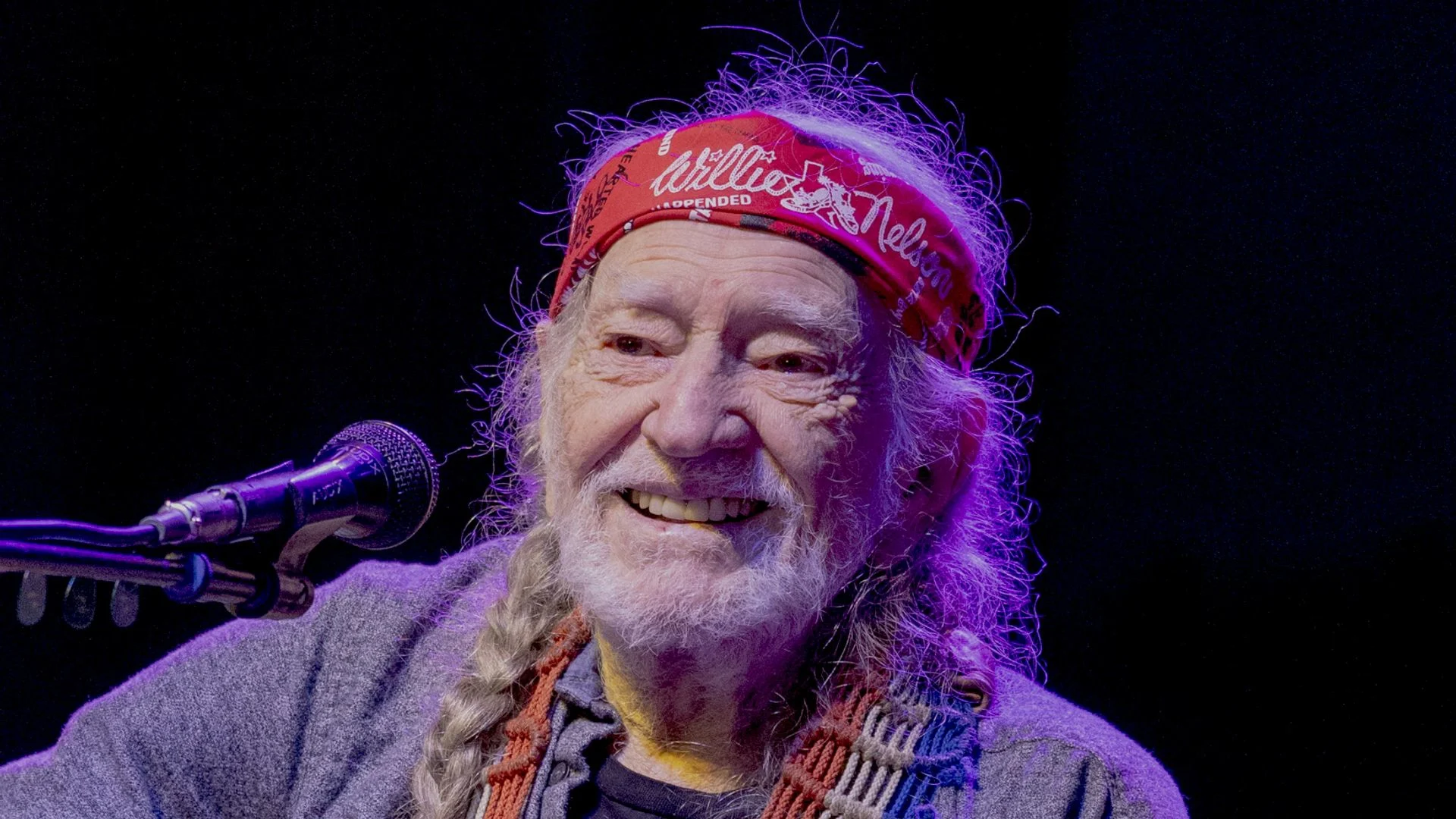Copyright news18

Attention Deficit Hyperactivity Disorder (ADHD) is often associated with hyperactivity, impulsiveness, and difficulty concentrating, but beneath the surface lies an emotional component that’s just as crucial. Emotional dysregulation, heightened stress responses, and impulsive reactions can deeply affect how individuals with ADHD function at school, work, and home. Developing emotional intelligence (EI) – the ability to recognise, understand, and manage emotions – can help bridge this gap, bringing greater calm, control, and confidence to everyday life. Understanding ADHD Beyond Attention According to Dr. Zankhana M Buch, Chief Medical Officer, Apollo AyurVAID, “ADHD affects both children and adults, though the manifestations and triggers differ across age groups. In children, the condition is often intrinsic – arising from higher energy levels compounded by inappropriate diet and lifestyle choices.” She explains that excessive sensory stimulation can intensify hyperactivity, while in adults, ADHD often stems from “work-life imbalance, chronic multitasking, ineffective stress management, and insufficient emotional vents,” all of which lead to emotional dysregulation and executive dysfunction. Ayurveda, she adds, associates ADHD with a Rajasic personality – driven by constant desire and stimulation. “Management focuses on harmonizing Ahara (diet), Achara (lifestyle), and Vichara (thoughts),” she says. A balanced, light, and Sattvic diet, regular routines, gentle evening practices, and adequate sleep help stabilise Vata energy and ease the mind. Building Emotional Awareness And Mindful Habits Children with ADHD often struggle to pause before reacting, says Dr. Sonam Kothari, Paediatric Neurologist and CEO & Co-founder of Butterfly Learnings. “When children cultivate emotional awareness, they gain the capacity to pause before reacting impulsively and respond to situations more thoughtfully,” she notes. Simple interventions like mindfulness exercises, art-based expression, and structured routines can help children identify triggers and channel their emotions constructively. Dr. Kothari emphasises the importance of empathy and modelling emotional intelligence. “When caregivers, teachers, and peers provide consistent support, children learn to manage stress and build stronger relationships.” These small but consistent efforts lay the foundation for lifelong emotional well-being. Practical Techniques For Everyday Calm For older children and adults, emotional regulation often requires structured tools. Dr. Ajit Singh Baghela, Consultant, Paediatric Neurology, Artemis Hospitals, recommends mindfulness techniques like deep breathing, meditation, or reflective pauses before responding. “The STOP method – Stop, Take a breath, Observe your feelings, and Proceed thoughtfully – creates a small but powerful space between impulse and action,” he explains. Dr. Baghela also suggests combining mental and physical strategies: stretching, walking, or any body-based activity that helps release excess energy and lower stress. “Structured routines help you know what to expect, which reduces overwhelm,” he adds. Evidence-based therapies like Cognitive Behavioural Therapy (CBT) and Dialectical Behaviour Therapy (DBT) can further improve emotional control and interpersonal skills. While ADHD may manifest differently across individuals, emotional intelligence remains a universal tool for balance. Whether through mindful breathing, Ayurvedic routines, or guided self-reflection, these expert-backed strategies highlight one truth: managing ADHD isn’t about suppressing energy, it’s about directing it mindfully.



